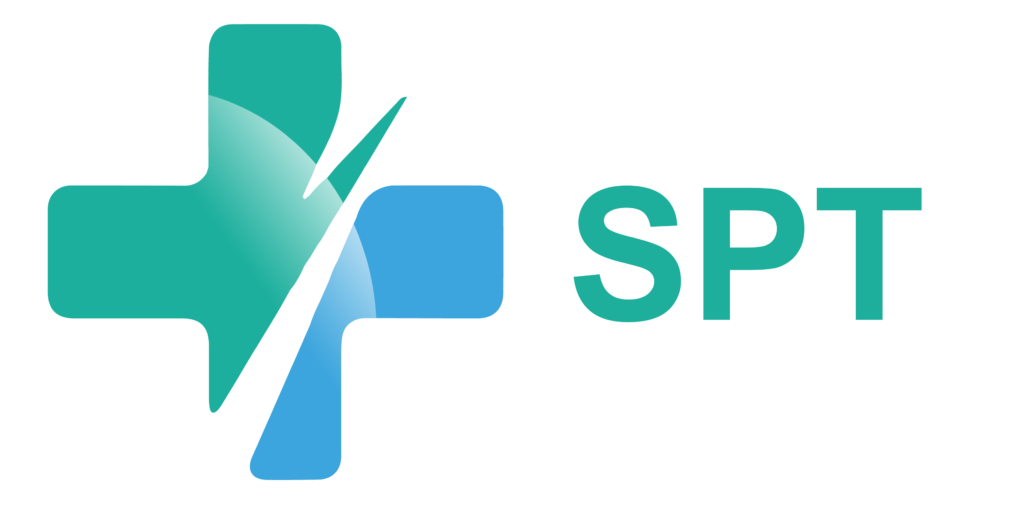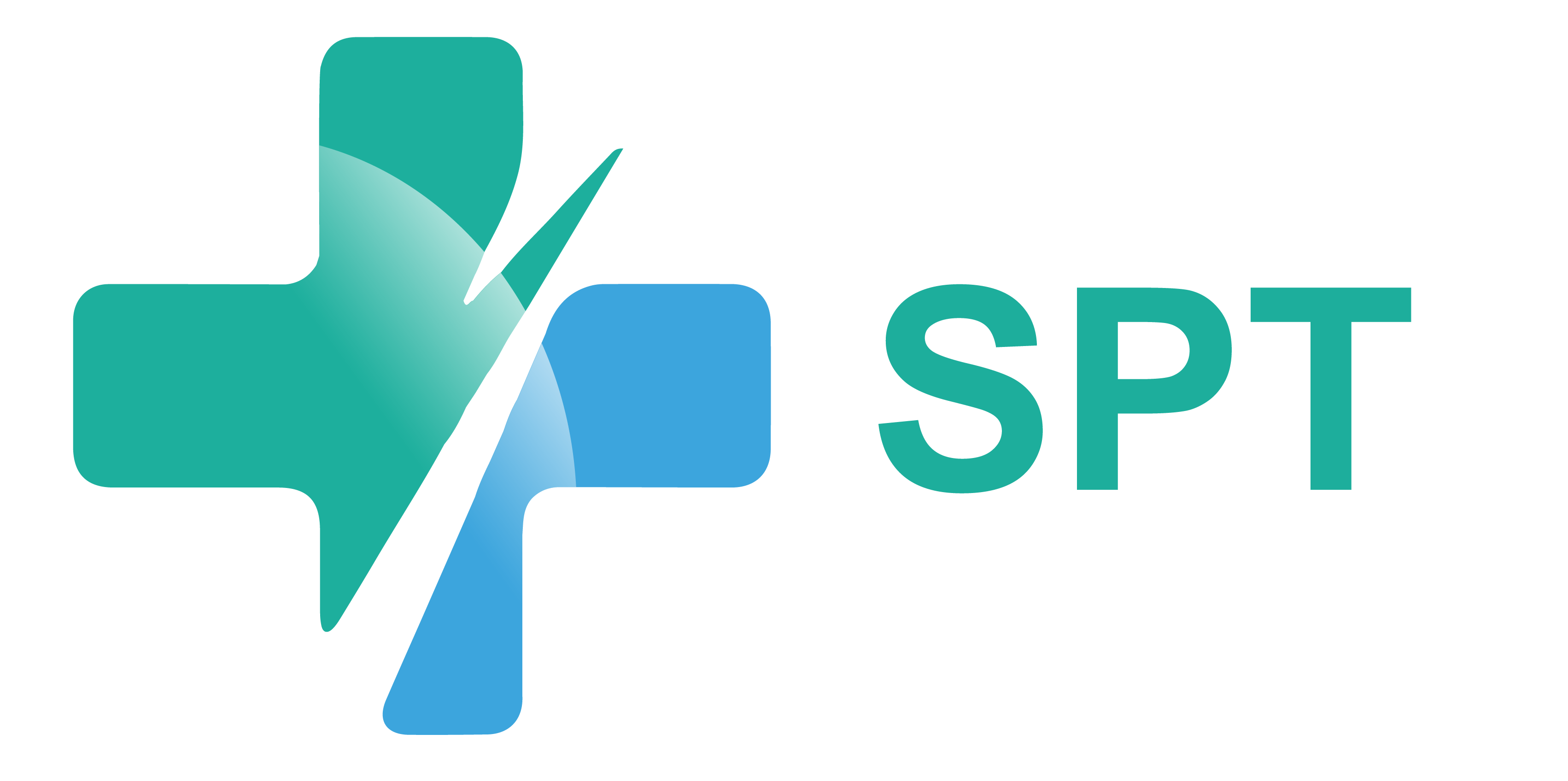In the dynamic realm of pulmonology, where advancements in diagnostics and treatments are constant, the need for streamlined systems like Electronic Health Records (EHR) is paramount. These systems not only empower pulmonologists to manage patient data and workflows efficiently but also play a crucial role in optimizing practice revenue. Whether it’s through in-house pulmonology billing or partnering with a dedicated pulmonology billing company, integrating EHR seamlessly into the practice ensures financial stability while delivering exceptional patient care. In this comprehensive guide, we will discuss the top 10 benefits of EHR for pulmonologists.
What Is an EHR?
An Electronic Health Record (EHR) is a digital file that holds all of a patient’s medical information. It has important details like their name, age, and address. It also has records of their illnesses, medicines, allergies, test results, X-rays, and treatment plans. EHRs are better than paper files. They keep all the information in one place. Doctors and nurses can easily find and update details about the patient. This helps them give better care.
How EHR Works in Pulmonology Billing
Pulmonologists leverage EHRs in several ways to enhance patient care. Here’s a breakdown of the typical workflow:
- Patient Encounter: When a patient visits, the pulmonologists can see their full medical history on the computer system. This helps the doctor better understand the patient’s health issues, allergies, and past treatments.
- Data Capture and Documentation: Doctors can write down their findings, opinions, and treatment plans directly into the computer system. There are special templates for lung tests and other assessments that make this easier.
- Integration with Diagnostic Tools: The computer systems work together with tools like breathing test machines and sleep study equipment. This allows test results to automatically go into the system. It reduces errors from typing results by hand.
- Decision Support Systems: Electronic health records include tools that help doctors. These tools give pulmonologists suggestions for what is wrong with the patient, what medicine to give, and how to treat the patient. The suggestions follow the latest medical advice. These tools help pulmonologists make good decisions when treating patients.
- Improved Communication and Collaboration: Electronic health records make it easier for pulmonologists to talk to other doctors helping the patient. The records allow secure sharing of patient information. Even patients can see their records through special websites. This helps everyone work together and have the latest updates on the patient’s health.
Also Read: Pulmonology Billing and Coding Guidelines.
10 Benefits of EHR for Pulmonologists
The benefits of EHR for pulmonologists extend far beyond streamlined workflows. Here are ten key ways EHRs empower pulmonologists to deliver superior patient care:
Improved Accuracy and Completeness of Data:
EHRs avoid mistakes from writing patient details by hand. They make sure all info about a patient is right, current, and easy for pulmonologists to get. This helps pulmonologists make good choices about how to care for patients.
Enhanced Care Coordination:
Sharing patient info safely through EHRs lets pulmonologists, regular doctors, and other doctors help a patient talk easily. Working together like this makes treatments safer. It prevents problems like mixing medicines that don’t go well together. When everyone coordinates, patients get better care.
Faster and More Informed Decisions:
Pulmonologists can see a patient’s whole medical story right away with EHRs. This lets them make quicker, smarter choices about what’s wrong and the best way to treat it. Having all this data at their fingertips speeds up how they works. This means patients get better care and are happier.
Better Care Through Tracking:
Electronic health records help pulmonologists follow quality measures. This allows pulmonologists to see where they can improve. Then, they can make care better over time. By looking at data trends and patient results, pulmonologists use proven methods. They can optimize how they provide care.
Patients Get More Involved:
Patient portals in electronic records let patients see their medical info. They can also view their care plan and message their doctor directly. This gets patients more engaged with their health. It empowers them to play a bigger part in managing it. This often leads to following treatment plans better. It also means better health results.
Reduced Risk of Medical Errors:
EHRs work with tools that check for medicine mistakes. This helps pulmonologists give the right doses and avoid dangerous drug interactions. The automatic system allows pulmonologists to safely prescribe medications. It reduces the risk of harmful drug events and keeps patients safe.
Helpful for you: Common Denials in Medical Billing
Reduced Administrative Burden:
EHRs automate many office tasks, like scheduling appointments, making reports, and sending claims. This frees up time for pulmonologists to focus on patient care. It improves efficiency and reduces burnout from too much work.
Improved Revenue Cycle Management:
EHRs simplify billing and coding processes. This improves accuracy and reduces denied or delayed payments. By automating revenue tasks, pulmonologists can improve their practice’s finances. They can ensure timely payments for services provided.
Enhanced Practice Management:
EHRs give helpful data on how a practice works. This helps pulmonologists see where they need to change how they use resources and schedule patients. By looking at numbers on the practice and details about patients, pulmonologists can make good choices. These choices help make the practice work better and be more productive.
Telehealth Integration:
EHR systems can work together with telehealth platforms. This lets pulmonologists do virtual visits with patients from far away. This flexibility makes it easier for patients to get care, especially for those who live far away. It also makes the patient experience better by giving a convenient and efficient way to get healthcare.
Specially for you: Comprehensive Medical Billing Audit
Conclusion:
The use of EHRs is a big step forward for pulmonary care. These systems give pulmonologists one place to handle patient info. They help doctors talk better. They make workflows smoother. At first, using EHRs can be hard. Pulmonologists need training. Work may slow down at first. But in the long run, EHRs are great for patients and doctors.





